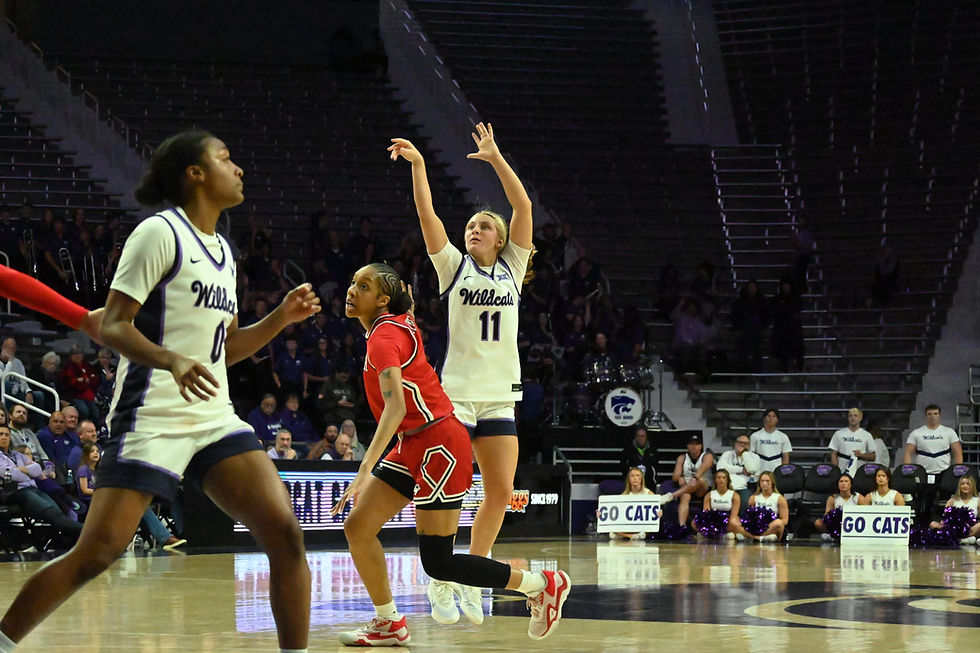Getting back to normal; Modern language department, Spanish conversation hour makes a return
- Breanna Palmer
- Sep 15, 2023
- 3 min read
Updated: Jun 14, 2024

Taking a language course is not typically the first pick when it comes to creating a class schedule, but with it being a K-State general graduation requirement several students every semester take on a new journey learning a new language and culture. Learning a new language is not the easiest and some students can lack confidence in their pronunciation of words, and creating normal dialogue. The Modern Language Department understands this fear and wants to encourage students to come out to their weekly conversation hours to take part in practicing their language skills in an informal setting with other students who are at all levels in their language journeys. Dr. Andrea Faber assistant professor and Spanish language program coordinator has worked at K-State since 2019 with joining the Modern Language Department just before the COVID-19 pandemic which changed the department's operations drastically.
Working through the challenges
The conversation hours hosted by the Modern Language Department was a normal on campus event for several years, Faber said, however with the pandemic these conversation series got put to a halt. During the pandemic the department was hit hard having to work through the adversity of wearing masks and with this missing those pronunciation cues. Faber said that during this time many professors observed general conversation skills began to lack with students becoming withdrawn. The enjoyment in taking these classes for students diminished and many students felt the courses were becoming more difficult. "We are seeing students now kind of try and come back and they're not quiet at the level they were pre-pandemic," Faber said, "so there's a lot of just trying to get back to what it's like to have a conversation and be social again." When coming back and creating these social spaces there were a few things that needed to be addressed. The first, figuring out how they wanted these series to look now and second meeting a majority of the students' needs with class schedules. "We decided to make it a once a week event and really informal, so students could just drop in and practice their Spanish if they want and just form a part of a community because we felt that was something the pandemic really disrupted… like you belong to something," Faber said.
'Pop in and say hi'
Over the pandemic Eisenhower hall was renovated which allowed for the cafe series to move from a classroom to now a new space. Faber said there is now a new lounge available for students which creates an inviting atmosphere. "It's a little more intimidating to walk into a classroom and you're not sure about wanting to get involved, it can be more intimidating it makes it feel less like you can come and go easily, so the lounge space makes it easy for students to pop-in and say hi," Faber said. During the hour, coffee and snacks are provided and all students and faculty are allowed and encouraged to come in. "We always end up with a really diverse group of students," Faber said, "there are a number of students who grew up speaking Spanish in their home in the U.S or who grew up in Spanish speaking countries abroad who are here now, who are looking for a chance to connect." The Modern Language Department also hosts conversation hours for other languages like German, French and Japanese. The Spanish conversation hour is held every Wednesday from 1 - 2 pm on the second floor of the Eisenhower lounge. Faber said there are many great reasons for the conversation hours, for one it allows students an opportunity to learn the language and culture and build their on-campus network. But the biggest part was creating that sense of community again. "That was a big part of wanting to do this series is getting the opportunity to start speaking again and feel human again," Faber said.








Comments